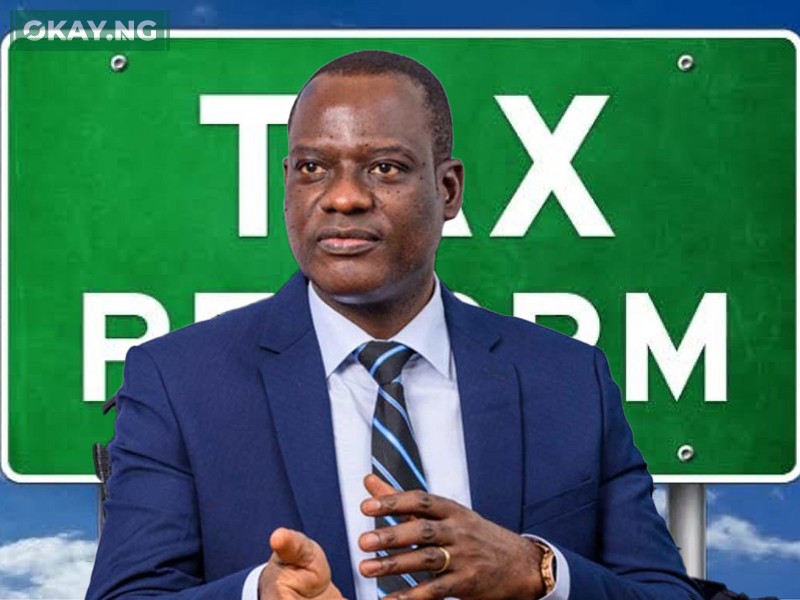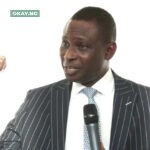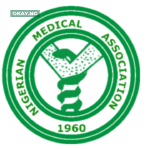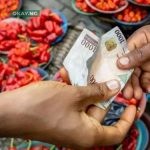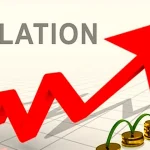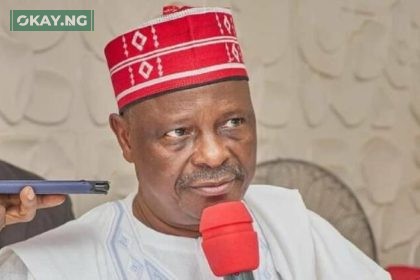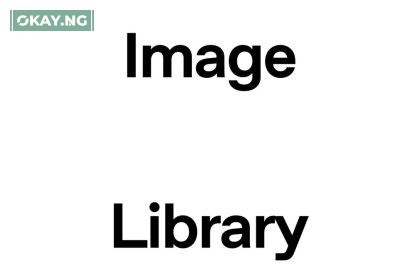The Chairman of the Presidential Committee on Fiscal Policy and Tax Reforms, Taiwo Oyedele, has delivered a stark assessment of the Nigerian naira’s struggles. In a recent address at The Platform Economic Outlook for 2025, he argued that the currency’s weakness stems not from a lack of foreign exchange (FX), but rather from an insatiable and illicit demand for it.
“Nigeria’s biggest problem with FX is not the supply of FX but illicit demand for it,” Oyedele declared. He pointed to “discretionary demand” in both the public and private sectors as the primary culprit.
“If I want to be politically correct, I will say it is the discretionary demand for FX in both the public and private sectors.”
Speaking at the event organised by The Covenant Nation held in Lagos he said, “In the public sector, there are individuals who view public funds as their own, diverting resources towards unnecessary dollar purchases.”
This, he noted, is evident in the erratic exchange rate movements that coincide with the release of federation allocations.
“The Central Bank acknowledged that when they release FAAC, the exchange rate misbehaves during the period.
“One million here, two million here, and that is still going on. We don’t need that dollar, but we are still buying it. That is an artificial demand, or, put differently, discretionary demand.
“The bigger the size of corruption, the bigger the impact of that discretionary demand. It is happening also in the private sector”, he noted.
Read Also:
World Bank Forecasts 3.6% GDP Growth for Nigeria
Nigeria Set to Overhaul Tax System in July, Aiming to Boost Revenue and Stabilize Naira
The private sector, too, contributes to this artificial demand. “The elite, the high-net-worth individuals, the super-rich, and some of the middle class” have a strong incentive to convert their savings into dollars, fearing further naira depreciation. This “self-fulfilling prophecy,” as Oyedele described it, is reflected in the significant surge in domiciliary account balances, exceeding $30 billion in recent months.
Despite these challenges, Oyedele remains cautiously optimistic about the naira’s future. “We are turning the corner,” he stated.
He anticipates a period of stability and gradual growth, driven by increased output in key sectors like agriculture and oil and gas. A moderation of the monetary policy rate and a potential appreciation of the naira are also projected.
While the journey towards economic recovery will undoubtedly be fraught with obstacles, Oyedele’s analysis serves as a crucial wake-up call. By acknowledging and addressing the root causes of the naira’s weakness, particularly the rampant illicit demand, Nigeria can pave the way for a more stable and prosperous future.


